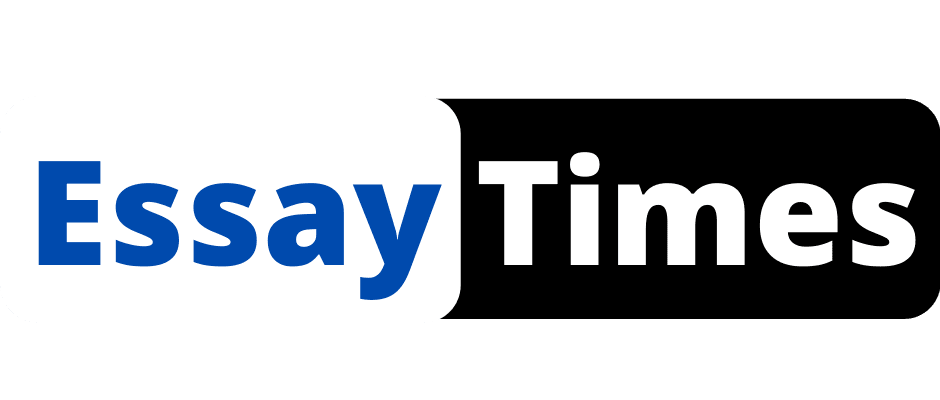Continuous assessment may be better than final exams
The current trend in education is to move away from traditional exams and instead have a continuous assessment over the school year. What do you think of this trend?
Solution
The contemporary system of imparting literary skills is shifting away from examinations and towards regular assessments. This approach to assessing students’ academic progress, in my opinion, has several flaws.
To begin, the learning periods or spans in the continuous assessment system are far too short. For example, the semester system is used in the majority of colleges and universities in English-speaking countries. Students are expected to master the skills and concepts and apply them in their assessments over the course of twelve weeks. It’s worth noting that not everyone learns at a rapid pace. Certain students will struggle to balance learning and application at the same time. Thus, this grading system will benefit only students who are quick learners and diligent workers. Procrastinating students may not be the true beneficiaries of this novel assessment technique.
On the other hand, there are some advantages to the continuous assessment evaluation procedure. Regular assessments enable educators to monitor students’ progress and, if a student demonstrates weakness or lags behind, they can devise some individualised solutions for that student. This is far superior to waiting an entire year for term-end examinations. Additionally, students will be less stressed in the days leading up to the exam if they have already learned and comprehended concepts through continuous assessment.
To summarise, the approach of conducting assessments on a regular basis is the correct one for tracking students’ overall academic progress and growth. However, some students may struggle to adjust to this assessment method. However, in the future, a hybrid evaluation system may effectively serve the needs of educators and students.

